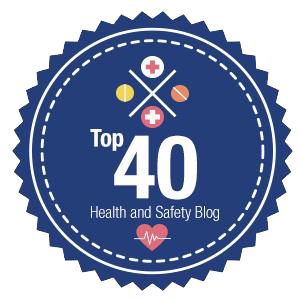Understanding stress
Understand what “stress” really means
Stress is something which we will all experience at different times in our lives. It will occur when we perceive that we are experiencing levels of pressure that we find difficult to cope with (ie either too much or too little pressure). A certain level of pressure, or challenge, is necessary to enable us to get the most out of life, but pressure should not be confused with stress. Stress, mismanaged, can cause both mental and physical illness.
Some common causes of stress
- Bereavement.
- Serious illness of a loved one.
- Moving house.
- Excessive workload.
- Loneliness.
- Financial worries.
- Home/work conflicts.
- Boredom.
- Relationship problems.
- Being bullied or harassed.
Some common effects of stress
- High levels of anxiety.
- Low self-esteem.
- Inability to concentrate
- Being more prone to accidents.
- Headaches/migraine.
- Depression.
- Panic attacks.
- Chest pains.
- Stomach problems.
- Relationship problems.
Proven coping strategies for managing stress
Turning to food, alcohol or nicotine does not work, and might worsen the situation. Try some of the coping strategies below instead.
- Learn to recognise your own early warning signs — you might, for example, find yourself becoming very anxious, irritable or tearful.
- Work out what is really causing you stress. It is all too easy to blame one source. In reality stress usually comes from a variety of sources, one of which might even be you. Do you ever question the expectations you have of yourself and others? Review what action you could take to reduce or eliminate the things that are causing you stress.
- Make time for a short period of relaxation every day. Do something which you enjoy and which fits into your life. This does not need to be difficult or time-consuming.
- Do not give up on exercise or feel it is a waste of time. Make sure you make time for moderate exercise each day, such as swimming or walking. It will make you feel fitter and far more in control.
- Eating and drinking sensibly can really help. Try and ensure that you:
- eat a balanced diet, and do not skip breakfast — it will boost your energy levels
- eat complex carbohydrates, eg pasta and wholemeal bread, rather than refined carbohydrates, eg cakes and pastries, as this can help keep your sugar levels in balance and prevent mood swings
- eat lots of fruit and vegetables, as this can help support your immune system which is often affected when an individual is under stress
- drink plenty of water, as this will help rehydrate your body and flush out toxins
- keep your intake of alcohol and caffeine within sensible limits — caffeine is not just in tea and coffee, but is also found in chocolate and some cola drinks.
- Manage your time effectively. Cut out time wasting and establish priorities by identifying what you:
- must do
- should do
- like to do.
- Learn to say “no”. It is easy to find yourself with too much to do because you take on too much. Alternatively, make a compromise — accept the work but explain you will not be able to do it for several weeks.
- If you feel you have insufficient challenges in your life, set yourself some new goals — ones that are realistic and achievable.
- It is not a sign of weakness to ask for help. Other people can often be very helpful and give practical and useful advice. If you need help, turn to someone you trust or contact one of the national helplines. Your own GP can also be supportive at these times.








